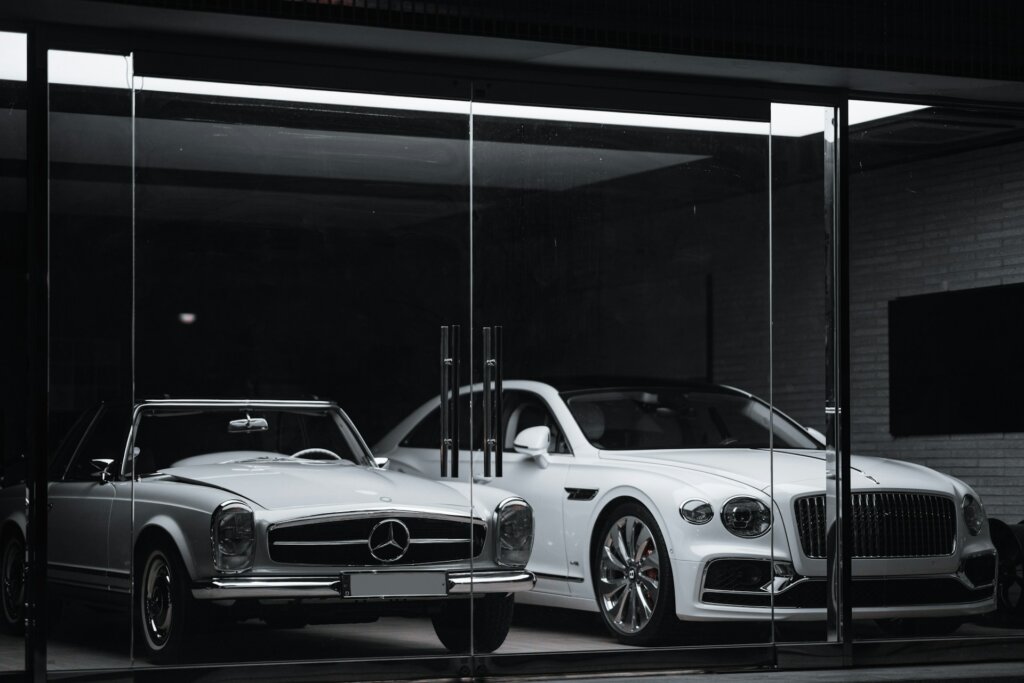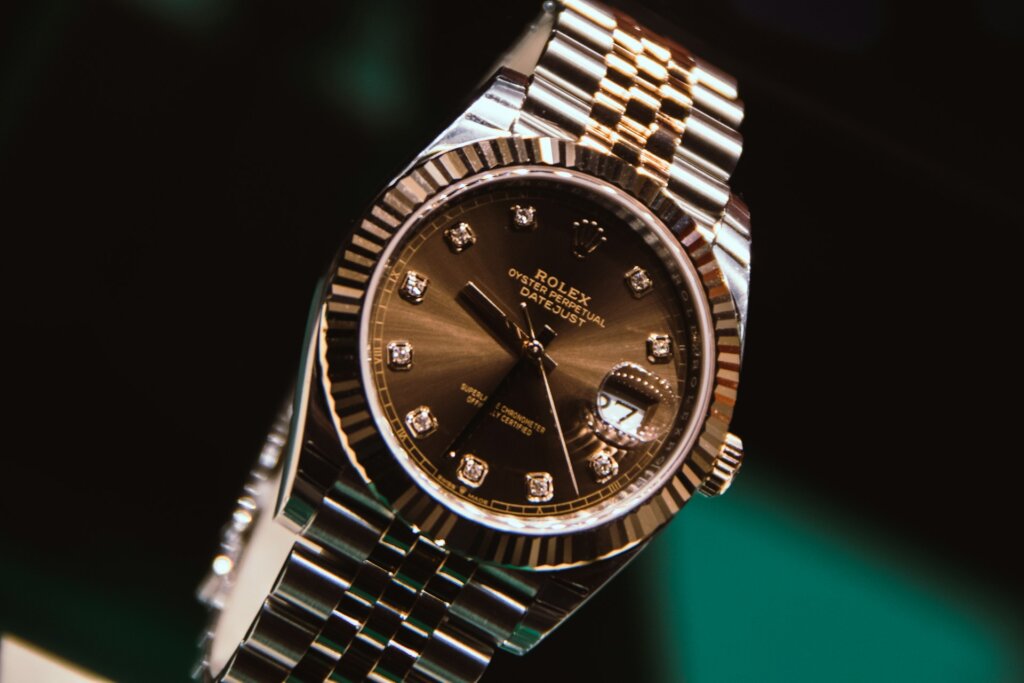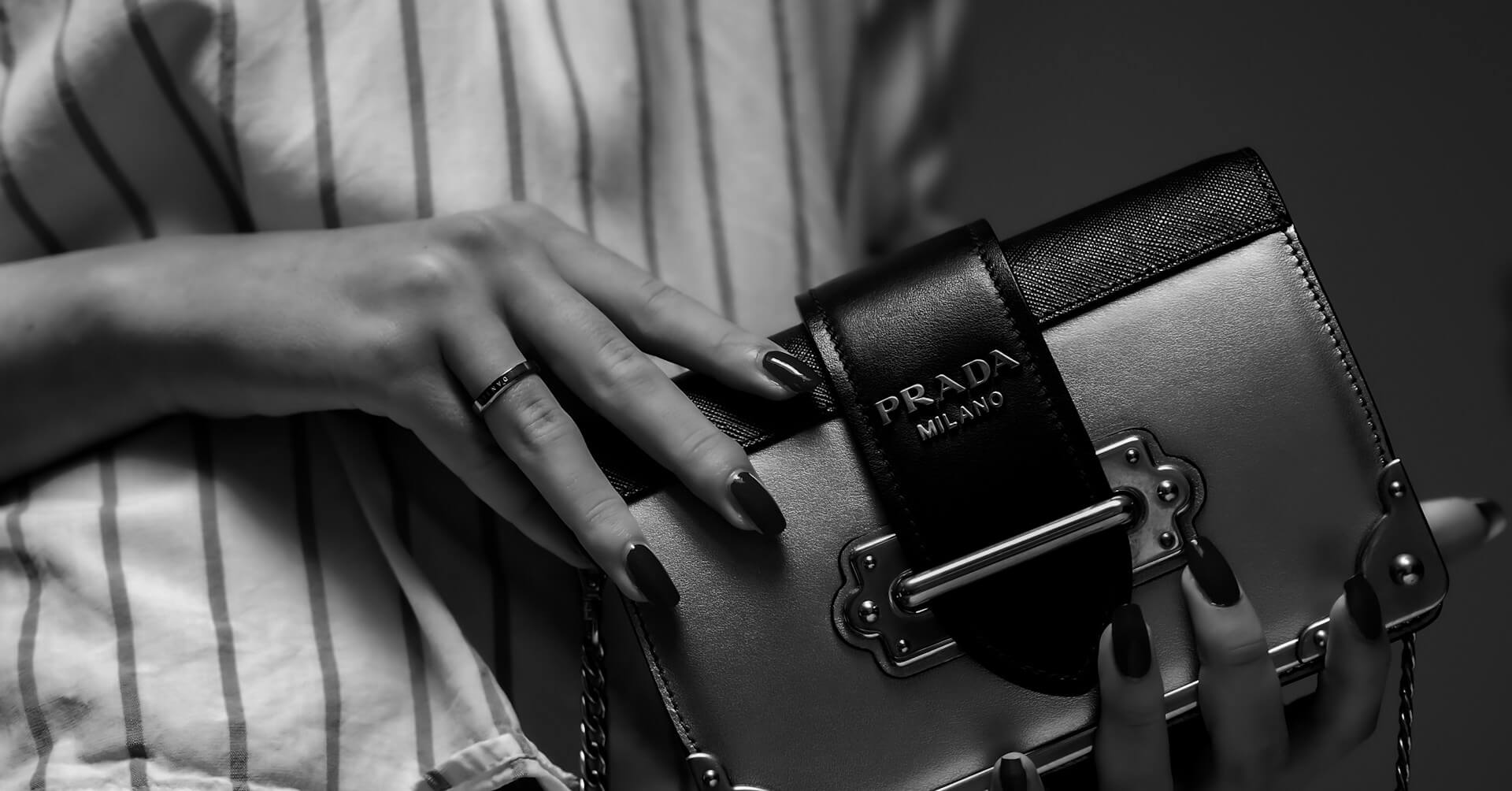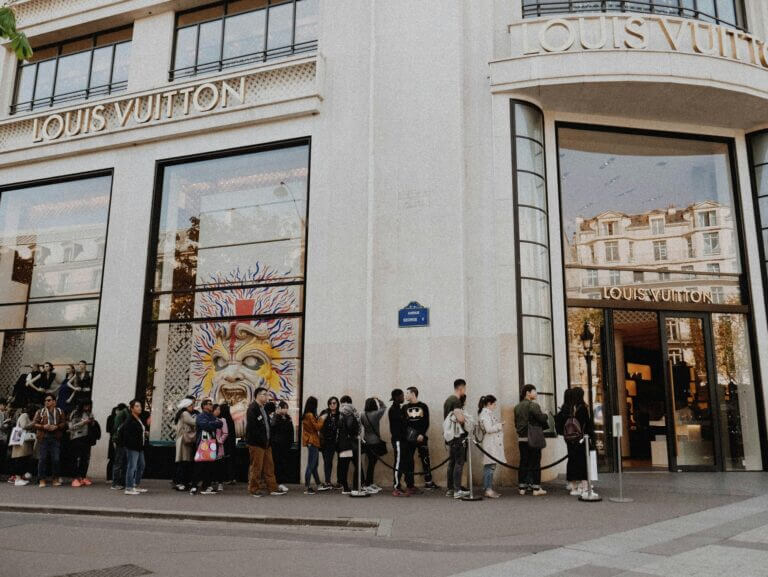Table of Contents
Luxury consumption isn’t just about buying expensive products it also represents a psychological phenomenon influenced by alot of socio-economic and emotional factors. Understanding why people are drawn towards luxury goods offers important understanding of consumer behavior and is essential thing for marketers making effective strategies in the luxury market.
What are luxury goods?


Luxury goods are not just products and services but also symbols of high quality, higher price, exceptional aesthetics, and rarity. Historically, luxury was for the aristocracy and the very wealthy, symbolizing status and power. Today, while luxury consumption has become more accessible, it still signifies prestige but at a lower level.
Why Do People Buy Luxury goods?
Prestige and Social Status
Luxury items often serve as a badge of economic and social standing where owning then makes you better than others in some kind of way. Owning products from luxury brands is often perceived as a way of showing success. According to a study by Han, Nunes, and Drèze (2010), luxury goods show status on the owner, signaling wealth and position within social hierarchies.
Self-Identity and Self-Esteem
People often use luxury items as ways to make and express their identities. Vigneron and Johnson (1999) discuss how luxury consumption can increase self-esteem by aligning themselves with a social class or group. A recent study by Emerald Insight. (2023) further elaborates that social and psychological factors significantly influence luxury consumption, shaping peoples personal and social identities.
Conspicuous Consumption
Thorstein Veblen introduced the concept of conspicuous consumption in his 1899 book, “The Theory of the Leisure Class.” This theory is that people consume luxury goods to publicly display wealth and social standing, not just for personal enjoyment but as a way of showing their economic capabilities. This concept remains relevant today as luxury brands continue to market their products as symbols of success and wealth.
Emotional Drivers in Luxury Consumption
Pleasure and Reward
Purchasing and owning luxury goods can trigger a release of dopamine, leading to feelings of pleasure and satisfaction. This encourages repeat purchases and loyalty to luxury brands.
Exclusivity and Rarity
Luxury items are often sought after because they are rare or unique. Exclusivity drives demand, as consumers appreciate products that are not easily accessible to everyone. Rarity gives the owner’s a sense of uniqueness and prestige. Bain & Company’s 2023 report highlights exclusivity as a crucial driver of luxury consumption, particularly among younger demographics like Gen Z and millennials
How Do Social and Economic Factors Influence Luxury Consumption?
Economic indicators heavily influence luxury consumption patterns. During economic booms, luxury spending increases, whereas economic downturns typically see a reduction. Cultural differences also play a crucial role in how luxury is seen and consumed across different regions. For example, in many Asian cultures, luxury consumption is often more socially driven compared to Western cultures, where individual pleasure and reward are significant motivators.
Conclusion
Luxury consumption isn’t just about buying expensive products. It also represents a psychological phenomenon influenced by numerous social, economic and emotional factors. Understanding why people are drawn towards luxury goods offers critical insights into consumer behavior and is essential for marketers developing effective strategies in the luxury market.
References
- Han, Y., Nunes, J. C., & Drèze, X. (2010).
- Vigneron, F., & Johnson, L. W. (1999).
- Thorstein Veblen. The theory of the leisure class (1899).
- Bain & Company. (2023).
- Emerald Insight. (2023).
- Frontiers. (2023).
- Luxury Academy




